Vitamin B12, also known as cobalamin, is an essential nutrient that plays a crucial role in red blood cell formation, neurological function, and DNA synthesis. It’s primarily found in animal products like meat, eggs, and dairy, or fortified foods for those on plant-based diets. A deficiency occurs when your body doesn’t get enough B12 or can’t absorb it properly, often due to dietary restrictions, digestive disorders like pernicious anemia or Crohn’s disease, certain medications (e.g., metformin or proton pump inhibitors), or age-related absorption issues. Without early intervention, it can lead to serious complications like anemia or nerve damage, but the good news is that symptoms often start subtly, giving you a chance to act.
Deficiency symptoms develop gradually and can mimic other conditions, making them easy to overlook. Early indicators are typically mild and include fatigue, mood changes, and minor neurological sensations, progressing if untreated. Recognizing these signs promptly can prevent long-term issues. Below, we’ll explore the most common early manifestations, backed by insights from health experts.
Fatigue and Weakness: The Subtle Energy Drain
One of the earliest and most common signs is persistent tiredness or lack of energy, even after a full night’s sleep. This stems from reduced red blood cell production, which limits oxygen transport throughout your body, leaving you feeling weak or lightheaded. You might notice it during daily activities, like climbing stairs or concentrating at work. If you’re colder than usual, especially in your hands and feet, this could tie into anemia caused by the deficiency.
Pale or Jaundiced Skin: A Visible Clue
Your skin might appear paler than normal due to fewer healthy red blood cells, or it could take on a yellowish tint (jaundice) from elevated bilirubin levels as immature cells break down. This is often an early visual sign, noticeable in the face or eyes, and can accompany fatigue.
Tingling Sensations and Numbness: Neurological Whispers
Pins and needles in your hands, feet, or legs, known as paresthesia, signal early nerve damage from low B12, which affects the myelin sheath protecting nerves. It might feel like a burning or prickling sensation and is reversible if caught soon. Muscle weakness or balance issues can follow, but they start mildly.
Mood Changes and Brain Fog: The Mental Toll
Early psychological symptoms include irritability, depression, anxiety, or confusion. You may experience “brain fog,” trouble concentrating, memory lapses, or feeling mentally sluggish—due to elevated homocysteine levels impacting brain function. These can mimic stress or aging but warrant checking if persistent.
Oral Symptoms: Tongue and Mouth Troubles
A sore, red, or unusually smooth tongue (glossitis) is a classic early indicator, where the tongue’s papillae shrink, making it glossy and painful. Mouth ulcers or sores on the gums may also appear, often recurring and healing slowly.
Gastrointestinal Issues: Digestive Distress
Early on, you might face nausea, diarrhea, constipation, bloating, or loss of appetite, leading to unintended weight loss. These arise because B12 deficiency affects gut health and nutrient absorption.
Other Early Warnings: Headaches, Palpitations, and More
Frequent headaches, heart palpitations (feeling your heart race or skip beats), shortness of breath, or vision problems like blurred sight can emerge early. Indigestion or rapid breathing might also occur, often overlooked as minor ailments.
Causes and Risk Factors
Beyond diet, causes include autoimmune conditions like pernicious anemia (lacking intrinsic factor for absorption), gut surgeries, or long-term use of acid-reducing drugs. Vegans, vegetarians, older adults, pregnant individuals, and those with digestive disorders are at higher risk.
Diagnosis and Treatment: Acting Fast
If you suspect deficiency, see a doctor for blood tests measuring B12 levels, possibly including methylmalonic acid or homocysteine checks. Treatment often involves supplements—oral pills, injections, or nasal sprays—tailored to the cause. Early treatment can reverse most symptoms within weeks to months.
Prevention: Staying Ahead
Consume B12-rich foods like fish, poultry, eggs, or fortified cereals. Supplements are recommended for at-risk groups, aiming for 2.4 mcg daily for adults. Regular check-ups help catch issues early.
In summary, vitamin B12 deficiency whispers before it shouts. Pay attention to these early signs to maintain your health. If symptoms persist, consult a healthcare professional for personalized advice.

